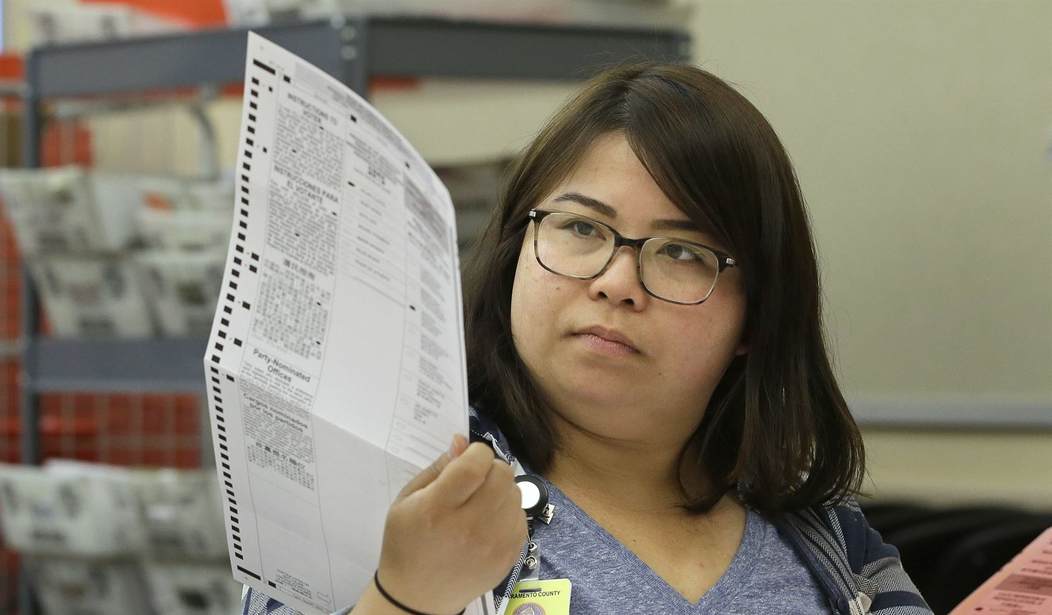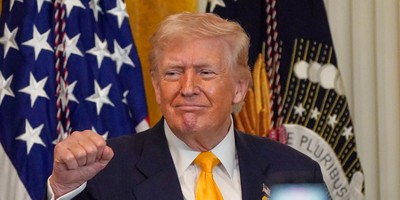President Trump recently made news when he protested the mailing of voting ballots in some states and expressed concerns about the increasing potential for voter fraud as a result. Twitter labeled the tweet in need of fact-checking and set off a media firestorm.
The fact of the matter is that we need to look beyond the partisan labels when considering whether we should suddenly alter how we vote and focus our attention on protecting the voice of the American people.
For example, a ballot vendor mistakenly shipped ballots intended for South Carolina voters to Maryland recently, reinforcing the risk involved in orchestrating a more complicated process. “Glitches” in the system kept many voters from even receiving their ballots in a special Maryland election last month. Thousands of voters were ignored when their absentee ballots were not counted in the Wisconsin primary, again due to glitches in the process.
Thousands of Oregon voters claim their party designation was changed prior to ballots being sent out, keeping them from being able to vote in their party’s primary. When voters began speaking up on Facebook, their posts were removed. Twitter has shut down an account used by disgruntled voters after the Oregon Secretary of State claimed they were publishing misinformation by claiming their ballots were changed. But the voters insist something nefarious took place.
The Oregon situation highlights the greatest challenge with mail-in balloting: the potential for fraud. As Texas Lt. Gov. Dan Patrick succinctly put it, the further the voter gets from the ballot box, the more opportunity for fraud. In spite of what Twitter claimed, there is a reason why members of both parties have historically rejected voting by mail: it opens the door for greater manipulation of election results.
Recommended
A bipartisan federal election reform report from 2005 chaired by former President Jimmy Carter and former U.S. Secretary of State James Baker concluded, “Absentee ballots remain the largest source of potential voter fraud.” The New York Times agreed in 2012 that mail-in balloting is “more easily abused” and “votes cast by mail are less likely to be counted, more likely to be compromised and more likely to be contested than those cast in a voting booth.”
There are numerous incidents of outright fraud with mail-in and absentee ballots. We have a mail carrier in West Virginia who has been charged with tampering with ballots. We saw candidates accused of collecting ballots and submitting them to potentially alter results of an election in North Carolina in 2018. The results of that election eventually had to be overturned.
California Gov. Gavin Newsom has already decided to have ballots mailed to every registered voter for the November election—whether they want them or intend to use them. Unfortunately, his state is notorious for not keeping election records up-to-date, which means there may be a lot of ballots lying around, waiting for misuse.
Some have pushed for shifting to mail-only ballots out of concern about the spread of the COVID-19 virus. Of course, we should take precautions and ensure social distancing can be maintained and sound safety procedures are followed. But there was no surge in COVID-19 cases after Wisconsin successfully conducted normal, in-person voting in their primary, even after media outcry about it.
In addition, as the economy has been reopening, we’ve proven it is possible for large groups of people to safely shop together in Walmart and similar stores across the nation. Is it not too much to expect the American people to bring some patience with them to the voting booth to protect the sacred right to vote in our republic?
Some have proposed bypassing the mail and moving to online voting. But the concerns of vote tampering are even greater in a digital universe. Between the potential for hacking and the ease by which votes can be altered by a few simple keystrokes, the risks to voting integrity are even greater.
Yet three states are already moving in that direction, despite warnings from cybersecurity experts on the risks. In fact, The Department of Homeland Security, the FBI and the Election Assistance Commission offered guidance a few weeks ago, warning states about the significant security challenges involved when moving any part of the voting process online. Researchers at MIT warn that an app already being tested for voting could allow hackers to change voting results.
We should not be afraid of using technology to improve our nation’s systems, but this issue is not simply about improving logistics. It’s about protecting the voice of the American citizen.
Voting is a privilege enjoyed by relatively few people around the world now and by even fewer throughout human history. According to the U.S. Census Bureau, only 53 percent of people eligible to vote actually turned out to cast a vote in the 2018 midterm elections.
Some of that reluctance may be caused by too many of the American people feeling like their vote doesn’t really matter anymore. With big government corruption, big business lobbying, and big tech censorship, it's no wonder a typical middle-class American might feel less than enthusiastic about voting. Is anyone really listening? Does their vote matter anymore?
It's easy to feel overwhelmed by these forces ignoring them, drowning them out, or editing their opinions. We don’t need yet another way for corruption to make their voice irrelevant. Make no mistake, the widespread use of voting by mail would be an open invitation to more corruption.
We need to preserve the voting rights of the mom who juggles family and career; the dad who works two jobs to give his kids a better opportunity; the grandparent who want to enjoy their well-earned time with family and make a difference in their community; the small business owner who takes risks every day to serve those around them; and the recent college graduate just getting started in a career.
All of these, and millions of similar voices, deserve to be heard. Each is equally important, and each is unique in its story. The silencing of any one of us is a crime against all of us who make up the tapestry of America.
We must safeguard the integrity of the voting process for every American. If we are to preserve our freedoms, it begins with the ability to cast our vote and know that it matters—and it will be counted, not corrupted because we rushed to shift to voting by mail.
Jeff Webb is an internationally renowned entrepreneur, founder of Varsity Brands, president of the International Cheer Union, and a business, politics and cultural commentator. His commentary has been featured in Newsweek, The Washington Times, Forbes, ESPN, and more. Follow him on Twitter and Facebook.

























Join the conversation as a VIP Member